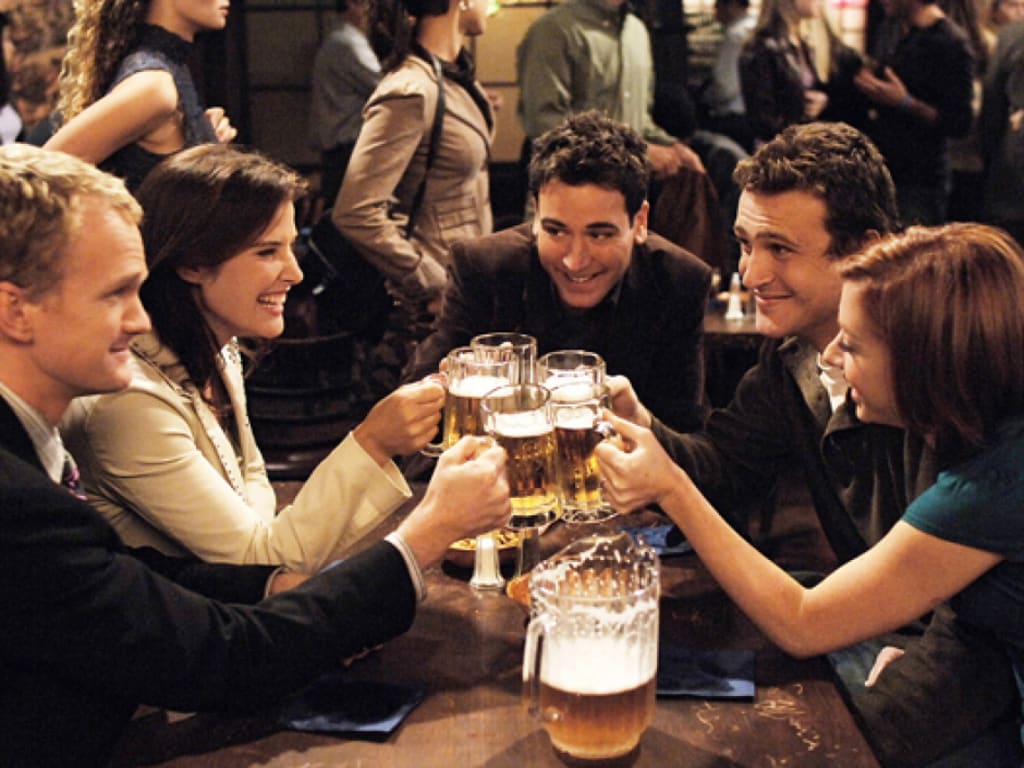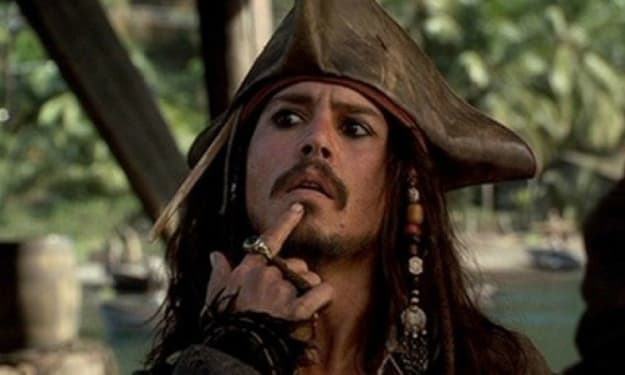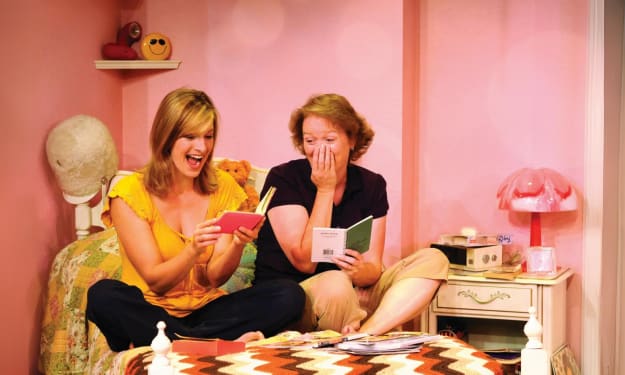The Power and Impact of TV Shows
They're more than mere entertainment

For as long as I can remember, I've always been a film enthusiasts. With the advent of Netflix, I went from a passionate viewer to an aspiring filmmaker. Following religiously screenwriters, showrunners, producers and directors on social media, asking them questions and interacting with fellow users, I became obsessed by taking the cinematic route. The more I watched TV shows and witnessed the birth of cult-following series, the more I understood their strong convening power. But what I love the most about TV series is without hesitation the creative possibilities they offer, a thing movies can't quite achieve because of time constraints. Series allow authors to build believable worlds filled with rich lore and diversified intrigues and to develop characters in depth, characters viewers can truly relate to. That is where TV shows can have huge impacts on people. The empathy for fictional personalities are ''practically the God particle'' of the small screen. For that to be achieved, viewers have to understand the characters, but that needs to be organic. Taking the viewer by the hand by guiding him too much can have the opposite effect. In my humble opinion, the worst thing a series can do is be condescending with its viewers. Screenwriters and showrunners need to find the fine line between taking their audience for granted and intervene excessively. The key is trust. The best creators are the one who make the necessary information available so the viewer can make his own deductions and equations. Emotivity can't be forced.
How I Met Your Mother is the perfect example of a show achieving the goal of having highly relatable characters insofar as it shows ordinary people (except Barney) in situations we all could face or already have for that matter. It's believable, it's authentic, it shows so much aspects of real life and reality can be just as beautiful as it can be harsh and hostile. I've personally watched it over six times and every time I go back to it, I feel like visiting old friends. Carter Bays and Craig Thomas admirably succeeded in establishing an aura of familiarity. The Office accomplishes the same feat in a more absurd way. Sitcoms are intrinsically likely to develop cult-following fanbases thanks to their simplicity, accessibility and stability. Leitmotivs (recurring themes, phrases and other features) are their weapon of choice.
Other series like Game Thrones, Sherlock, Twin Peaks and Death Note (the anime, not the adaptation), for example, rely more on narrative complexity, a concept in which television take inspiration in the cinematic structure and aesthetic of big-budget motion pictures to experiment with the standards and conventions of the small screen medium. As a result, we have genre-bending/blending series that propose complex intrigues and dynamics between the characters. Plot twists, non-linearity, cliffhangers, intertwined intrigues, complicated relationships, fourth-wall breaking and mysteries are some of the elements that contribute to narrative complexity. The viewers of complex episodic TV shows are bound to think, make links, elaborate theories in their mind. That's why we often see fanbases gathering around blogs and forums to discuss and debate about a particular series. Those are indirect extensions to the series insofar as the viewers feel like they're part of something bigger. Saying that TV shows have sort of become a new religion is a bold statement, but it's not that far from reality. The sword is double-edged though. Complex narratives have the natural power to build up anticipation, and that implies the risk of disappointing the audience. There's a trend right now in the industry to subvert the expectations and not everyone appreciates it. Some can feel literally betrayed when the ending, among other things, comes from the left field, upsetting those who have followed conscientiously the show since the beginning. I won't elaborate, but... Game of Thrones. Ugh...
Anthology series, in which each episode is like a stand-alone short-film, are also a form of experimentation on the medium. Some creators do it more than well, like Charlie Brooker with the famous Black Mirror ; a true masterpiece of imaginatively directed cinematographic television.
Speaking of cinematography, a concept that relies mostly on aesthetics, some series like Hannibal offer a delightfully artistic product, one that really stands out from the mass by their unique style and delivery. In these kind of series, you can, if you have a keen cinematic eye, recognize the author's signature style, like you would recognize the voice and music of a beloved singer or band. The Haunting of Hill House is another jewel of a discovery for me on that front.
Based objectively on my academic studies in cinema, I'd recommend the shows below if you're seeking for high quality writing and execution:
- Sherlock (my personal favorite)
- Death Note (the original anime)
- Mindhunter
- Hannibal
- Black Mirror
- The Haunting of Hill House
- Shameless
- Twin Peaks
About the Creator
Livier Lefrank
Passionate screenwriter and Art lover.






Comments
There are no comments for this story
Be the first to respond and start the conversation.